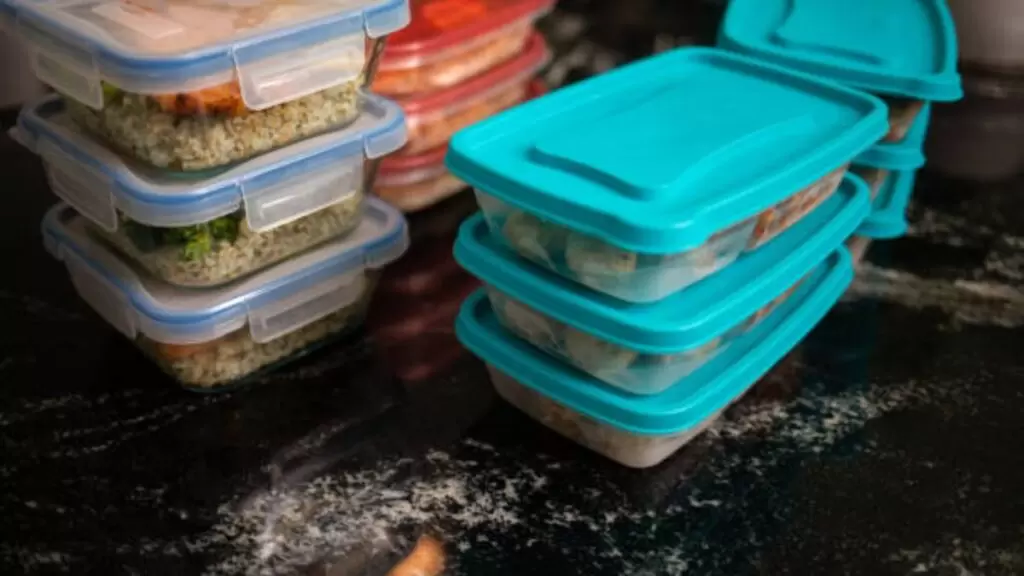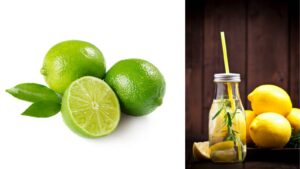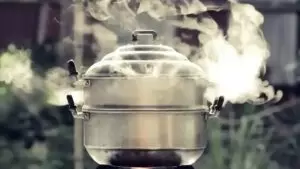10 Things You Should Never Store in Plastic Containers

When it comes to storage, plastic containers are a popular choice due to their durability and affordability. However, they aren’t always the best option for certain items. Experts warn that storing certain foods and household goods in plastic can lead to contamination, spoilage, or even damage. Here’s a detailed guide on what not to store in plastic containers and the best alternatives to keep your belongings safe.
1. Raw Meats
Storing raw meat in plastic containers can pose cross-contamination risks. Chef Traub recommends using glass containers instead, as they are easier to sanitize. Additionally, always ensure the container has an airtight, sealable lid to prevent leakage and bacterial growth.
2. Tomato Sauces & Curries
That stubborn red stain on your Tupperware? It’s due to the high acidity in tomato sauces and curries, which can degrade plastic over time. Vallo, a food safety expert, explains that this acidity can cause chemical leaching, while Hardin notes that the plastic may absorb odors, making future storage problematic.
3. Garlic, Onions & Fresh Herbs
Strong-smelling foods like garlic, onions, and certain cheeses can permeate plastic, leaving behind stubborn odors. Fresh herbs also suffer—plastic containers restrict airflow, causing them to wilt and lose flavor quickly.
4. Fruits
Berries, avocados, and citrus fruits spoil faster in plastic due to moisture buildup and lack of ventilation. Traub, an avid fruit eater, prefers glass containers to keep fruits fresh longer, while Vallo warns that trapped humidity can lead to mold and mushiness.
5. Hot Foods
Hardin strongly advises against storing hot foods in plastic, as high temperatures can cause chemical leaching. Always let food cool before transferring it to a plastic container.
6. Oily, Fatty, or Greasy Foods
Foods like lasagna or fried dishes can break down plastic over time, increasing contamination risks. Hardin explains that fats absorb more chemicals from plastic, making glass or stainless steel a safer choice.
7. Books
Traub warns against storing books in plastic bins, especially in humid environments like garages. Trapped moisture can cause warped pages and mildew, ruining books over time.
8. Leather Goods
Purses, boots, and jackets stored in plastic may develop mold or cracks if exposed to moisture. Traub suggests using silica gel packets if plastic storage is unavoidable.
9. Photographs
Precious photos can stick together or fade if stored in plastic containers. Traub recommends acid-free photo storage boxes for long-term preservation.
10. Candles
Heat and sunlight can melt or deform candles stored in plastic. Traub advises keeping them in a cool, dry place away from direct heat.
Best Storage Alternatives to Plastic
For most items, especially food, glass containers are the safest option—they’re non-reactive, stain-resistant, and temperature-safe. Silicone bags are another eco-friendly, reusable alternative.










